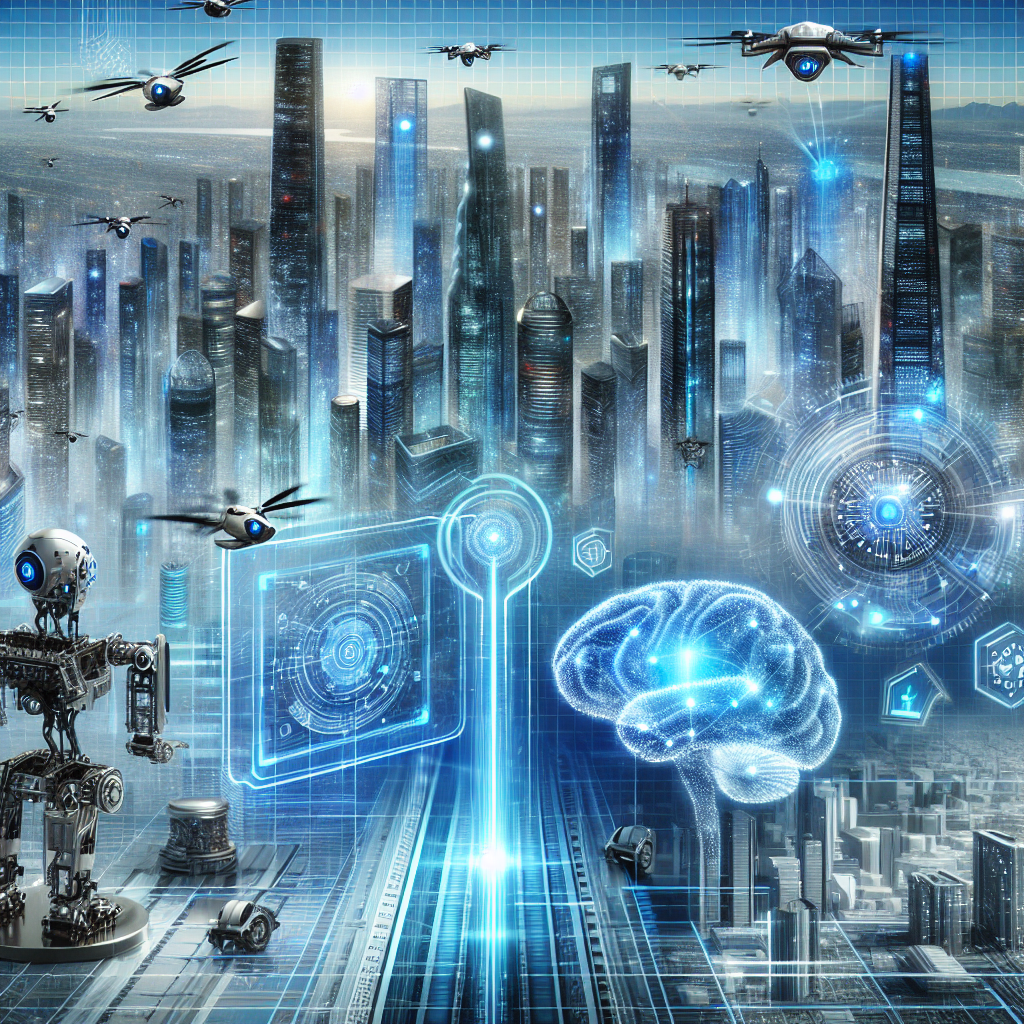Artificial General Intelligence (AGI) is a term that refers to a type of artificial intelligence that possesses the ability to understand, learn, and apply knowledge in a way that is indistinguishable from human cognition. While current AI systems are limited to specific tasks and lack true understanding or reasoning abilities, AGI aims to replicate the full spectrum of human intelligence.
The development of AGI has the potential to revolutionize virtually every aspect of human life, from healthcare and transportation to education and entertainment. However, this also raises a number of ethical, social, and economic implications that must be carefully considered.
In this article, we will explore the future of AGI technology, its potential implications, and some frequently asked questions surrounding this topic.
The Future of AGI Technology
The development of AGI has been a long-standing goal of AI researchers, with some experts predicting that it could become a reality within the next few decades. AGI has the potential to vastly surpass the capabilities of current AI systems, allowing for more sophisticated problem-solving, decision-making, and creativity.
One of the key benefits of AGI is its ability to adapt to new situations and learn from experience, much like a human being. This could lead to breakthroughs in fields such as medicine, where AGI could help diagnose diseases, develop new treatments, and even assist in surgery. In the field of transportation, AGI could revolutionize the way we travel, making roads safer and more efficient.
AGI also has the potential to transform the way we work and interact with technology. For example, AGI-powered virtual assistants could help us manage our schedules, answer our questions, and even engage in meaningful conversations. AGI could also be used to automate repetitive tasks, freeing up time for more creative and fulfilling work.
Implications of AGI
While the potential benefits of AGI are vast, there are also a number of concerns that must be addressed. One of the main ethical issues surrounding AGI is the question of control. As AGI systems become more intelligent and autonomous, there is a risk that they could act in ways that are harmful or unpredictable. Ensuring that AGI systems are aligned with human values and goals is therefore crucial.
Another concern is the impact of AGI on the job market. As AI systems become more advanced, there is a risk that they could replace human workers in a wide range of industries. This could lead to widespread unemployment and economic disruption, unless measures are taken to retrain workers and create new job opportunities.
There are also social implications to consider, such as the potential for AGI to exacerbate existing inequalities and biases. For example, if AGI systems are trained on biased data, they may perpetuate discrimination and injustice. It is therefore essential to ensure that AGI is developed and deployed in a responsible and ethical manner.
FAQs
Q: When will AGI be developed?
A: It is difficult to predict exactly when AGI will become a reality, as it depends on a wide range of factors. Some experts believe that AGI could be achieved within the next few decades, while others are more cautious in their estimates.
Q: Will AGI be dangerous?
A: While there is a potential for AGI to be dangerous if not properly controlled, many researchers are working on ensuring that AGI systems are aligned with human values and goals. By implementing safeguards and ethical guidelines, we can mitigate the risks associated with AGI.
Q: How will AGI impact the job market?
A: The impact of AGI on the job market is a topic of much debate. While some believe that AGI could lead to widespread unemployment, others argue that it could create new job opportunities in fields such as AI development and maintenance.
Q: What are the ethical considerations surrounding AGI?
A: There are a number of ethical considerations surrounding AGI, including issues of control, bias, and transparency. It is important for researchers and policymakers to address these concerns in order to ensure that AGI is developed and deployed in a responsible and ethical manner.
In conclusion, AGI has the potential to revolutionize the way we live, work, and interact with technology. While there are a number of challenges and concerns that must be addressed, the development of AGI represents a significant step forward in the field of artificial intelligence. By approaching this technology with caution and foresight, we can harness its full potential for the benefit of society.

